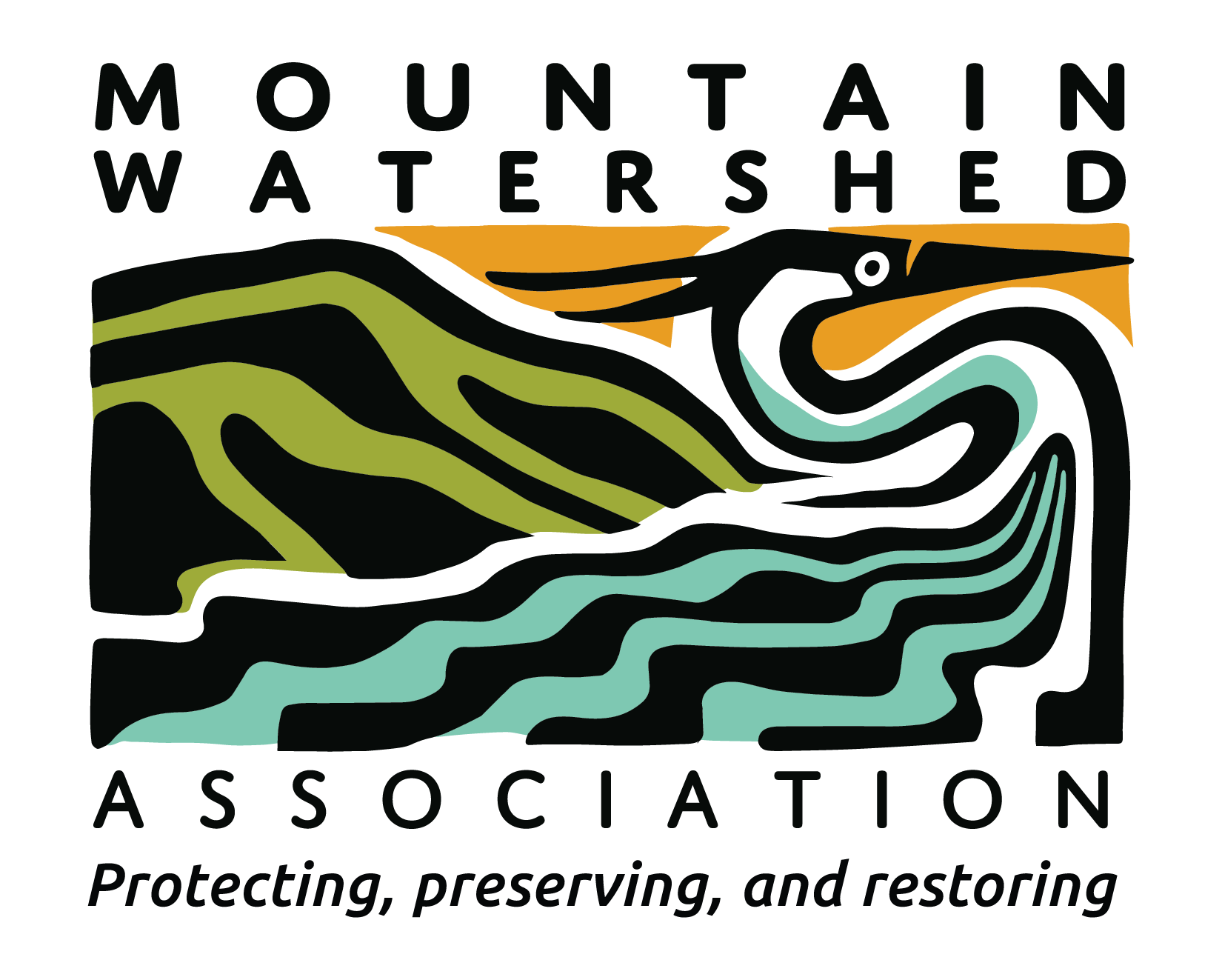On April 1, 2015, the Pennsylvania Department of Environmental Protection (“DEP”) issued approvals for Tenaska’s natural gas-fired power plant (the “Westmoreland Generating Station”) along the Youghiogheny River in South Huntingdon Township, Westmoreland County. As part of the DEP’s approval, this facility can discharge up to 1.2 million gallons of wastewater into the Yough daily.
As the Yough Riverkeeper, we take every industrial discharge into the Yough very seriously, especially one of this magnitude. We also take very seriously, as part of our Marcellus Citizen Stewardship Project, the concerns of communities that may be impacted by shale gas infrastructure. Therefore, to ensure adequate protection of the Yough and that the surrounding communities had their voices heard, MWA invested significant time and resources into scrutinizing this project. We advocated to a number of elected officials, retained Fairshake Environmental Legal Services for their expertise in analyzing permits, organized local residents, and provided testimony to the DEP, among other activities.
Ultimately, we are disappointed with the issuance of the permits. However, we are very pleased to report that based on our comments and those submitted by other organizations and individuals, the permit to discharge was improved with greater protections for the Yough. The key improvement in the permit to note is that the DEP added the requirement that Tenaska monitor bromide.
This addition is significant for two reasons. First, this monitoring requirement allows us to track bromide concentrations from the facility, and if they reach a critical level MWA can take action. Second, this addition was in direct response to concerns about bromide discharges violating the environmental rights of Pennsylvanians under Article 1, Section 27. This second point is especially important because it is the recognition by the DEP of its trustee obligations under the Environmental Rights Amendment. We applaud the DEP for acknowledging its role as trustee of our natural resources, but believe that in the case of Tenaska’s plant it has fallen well short of fulfilling its duty.
Going forward, MWA will continue to advocate for a full recognition of our environmental rights and looks forward to building off of the momentum started with these comments. Many thanks to all of the individuals who provided comments, attended organizing meetings and hearings, and spoke up to voice their concerns. The momentum is building for those who recognize that our environmental resources are too precious to protect with only half measures.
For more information and DEP’s responses to comments submitted, please download the comment response document, the final permit, final cover letter, and final public notice. For DEP’s recognition of its obligations under Article I Section 27, see page 3 of the comment response document.

